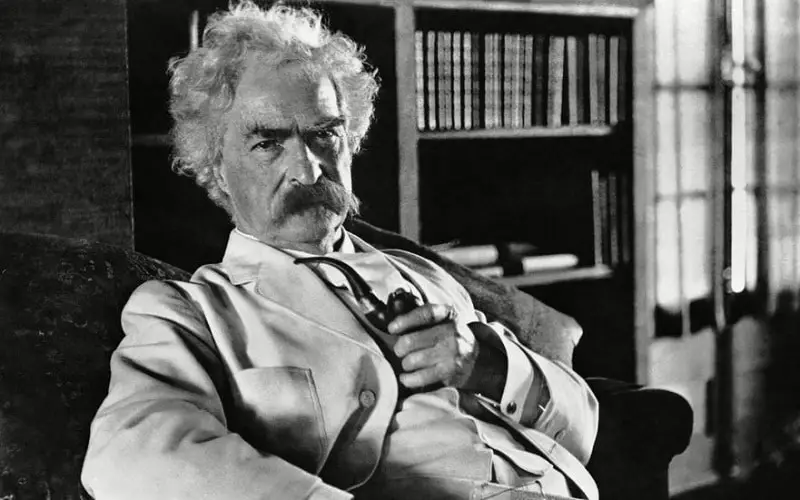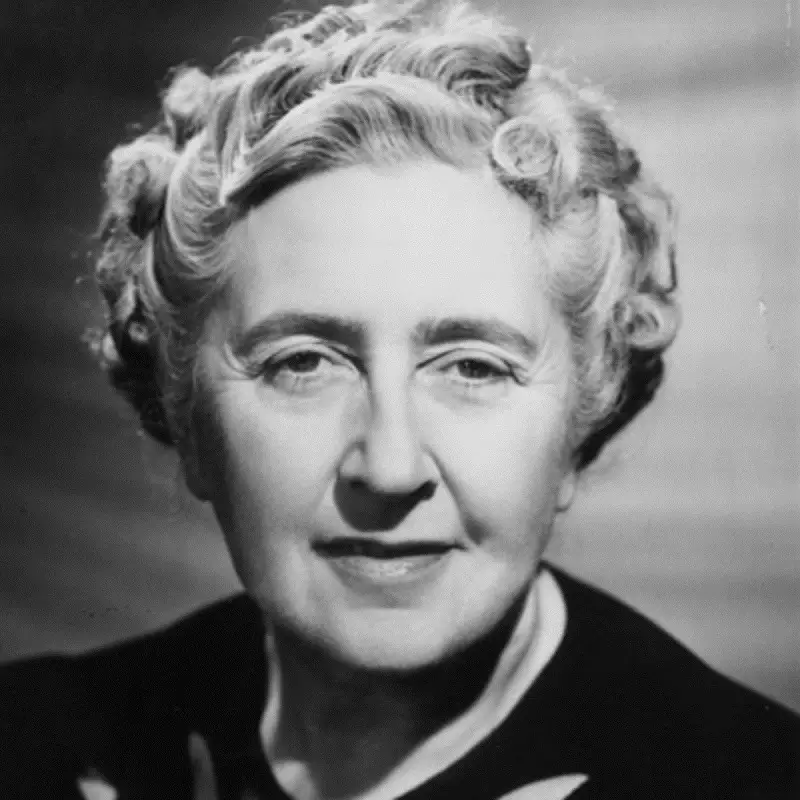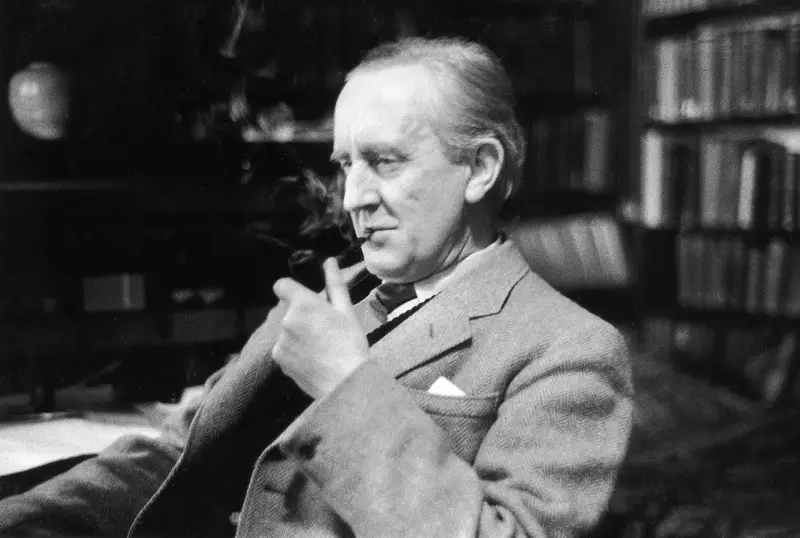It’s easy to assume that writers spend all their time crafting prose and editing large volumes of work, after all, most authors are famed for their obsessive daily routines and quirky ways of creating their art. But in fact, many authors indulge in various, sometimes unusual hobbies outside of writing, which enrich their work and help them to find new inspiration.
Science appears to agree with them, as studies have shown that hobbies can have an interesting impact on the cognitive function of our brains, helping to prevent cognitive impairment while firing up neural processing. Taking up a hobby can create new neuron pathways which assists the brain in becoming more skillful at everything it does. So, what are the quirky hobbies which helped famous authors to create their masterpieces?
Take Mark Twain for instance – as well as creating literary masterpieces such as The Adventures of Tom Sawyer (1876) and Roughing It (1872), Twain fancied himself as an inventor. Though he ended up bankrupt after investing in a typesetting machine in 1889, he was not deterred from continuing his interest in pioneering science and technology. His friendships with Thomas Edison and Nikola Tesla gave him the inspiration to patent three inventions; a “Game Apparatus” called the “Memory-Builder”, which aimed to help children to study important dates, a self-adhesive scrapbook which went on to sell over 25,000 copies, and, his most enduring invention to date, the elastic clasp on the back of almost every bra.
Then in the pre-elastic-bra-clasp era we have Jane Austen whom you might be forgiven for conjuring images of corseted maidens and dashing heroes, but you may also have noticed that Austen peppered her literature with references to card games. A typical after-dinner pursuit of the upper class, Austen used card games in her writing to highlight the class divide that plagued society at that time. Drawing inspiration from her own experiences in playing card games, Austen gained a deep understanding of the rules and terminology of the games so that she could translate these into her fiction.
Keeping with fiction, if you have ever read Dame Agatha Christie’s Appointment with Death and Murder in Mesopotamia (1938), you might have some inkling as to her favorite past time. Accompanying second husband Sir Max Mallowan on his prominent archaeological digs, Christie became fascinated with archaeology and even ended up financing some of the expeditions. She rolled her sleeves up and got fully involved in the recovery of ancient artefacts, once allegedly cleaning a 3,000-year-old ivory carving with her face cream, which turned out to be a pretty good move as this is now one of the best preserved ivory artefacts in the world.
And of course, writers of the horror genre also have their separate creative pursuits. Stephen King, best known for being the undisputed champion of the genre, has also pursued creative endeavors in music. A long-term fan of bands such as AC/DC and the Ramones, in 1992 King joined a band named the Rock Bottom Remainders along with other fellow literary heavyweights such as Amy Tan, Matt Groening, Dave Barry and Scott Turow. The supergroup has since disbanded, but made a name for themselves over their 20 year stint covering songs such as “Chain of Fools” and “In The Midnight Hour.” King went on to turn his writing prowess to compiling a musical with John Mellencamp in 2012, and also made a music video with Michael Jackson in the mid-‘90s.
No stranger to the creation of fantasy worlds, Tolkien was also an avid philologist who loved nothing more than studying ancient languages. As a teen, one of his earliest projects was the reconstruction of an unrecorded Germanic language from the Germanic heroic age. This hobby laid the foundations for the invention of several languages for his books – The Hobbit (1937) and Lord of the Rings (1954- 1955). These languages included Elvish (including Quenya and Sindarin), Dwarvish (Khuzdul), Entish and Black Speech.
Certainly it seems that, not only do hobbies and creativity go hand in hand, but thatthey also have a great benefit for the brain’s general function. Next time you’re looking for a bit of inspiration, or if you’ve hit a wall, try taking up a new hobby, something new, something a bit different!




